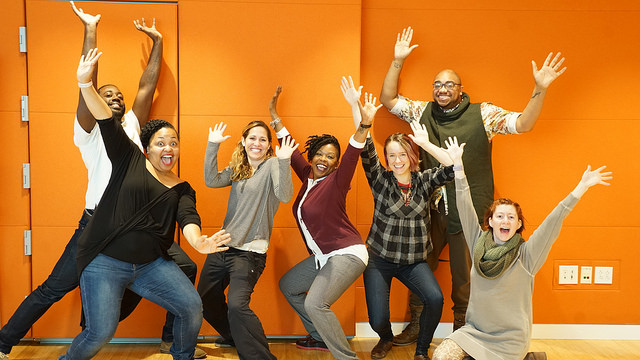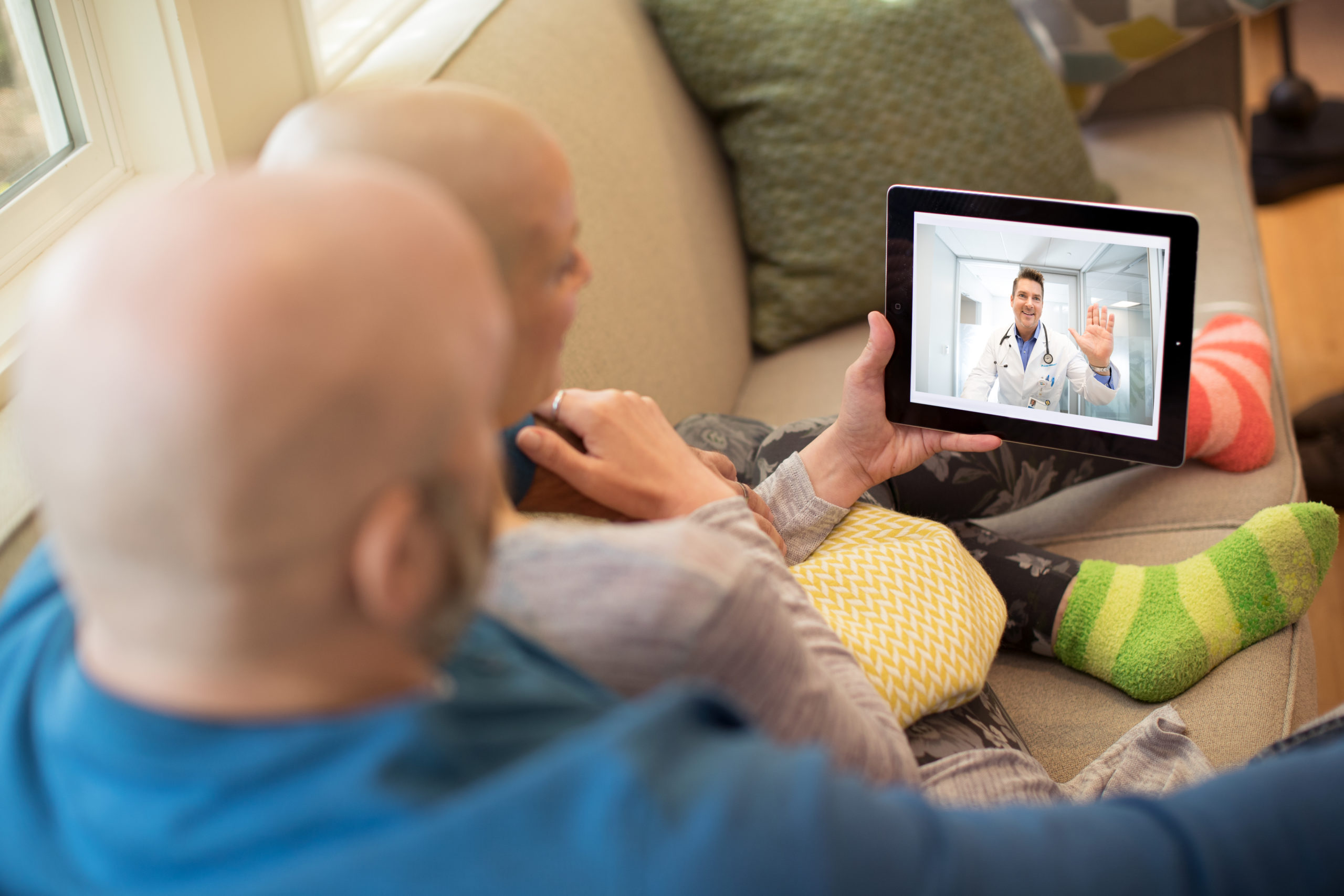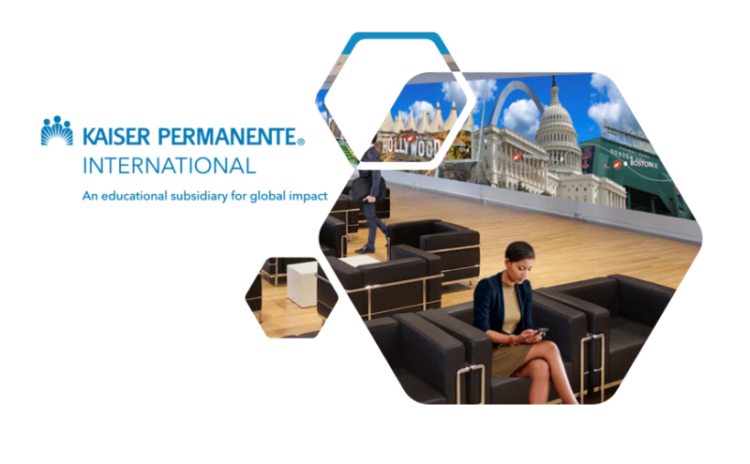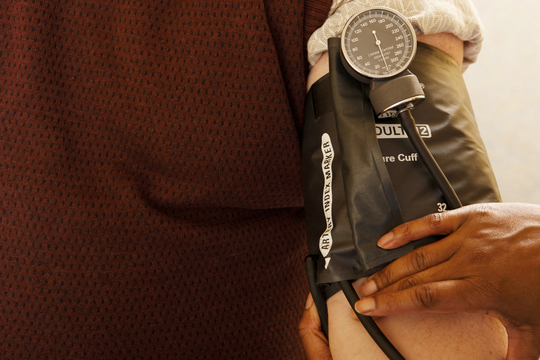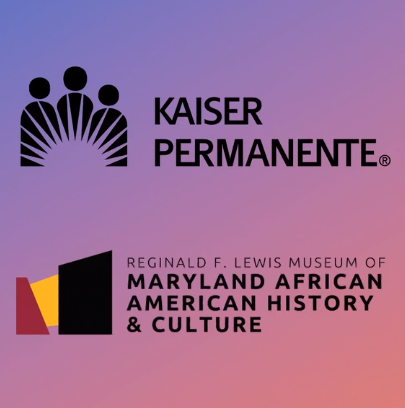Kaiser Permanente uses art to inspire school staff and teachers to rise above professional burnout and help students who are impacted by Adverse Childhood Experiences (ACEs). As part of an ongoing effort to improve social and emotional well-being, Kaiser Permanente (KP) is committed to empowering health in the places where its’ members live, learn, work and play, especially in schools.
BBC News reported 2018 as the deadliest year for school shootings in the United States.
Originally, the ACEs study was conducted by both KP and the Center for Disease Control to investigate childhood abuse and neglect. They found that 64 percent of children experience one ACE and 13 percent experience four or more ACEs.
However, students are not alone in feeling the aftermath of trauma; 45 percent of teachers reported feeling stressed several days a week and many leave the teaching profession within five years.
In 2017, as part of the KP Thriving Schools Initiative, the Los Angeles Education Partnership (LAEP) Transform Schools department was selected as the trauma care service provider for the Resilience in School Environments (RISE) Project; a two-year program that started with the opening of the 2017-2018 school year in four KP regions—Northern and Southern California, Colorado and Georgia.
Last year, the initiative expanded its outreach via KP’s partnership with the Alliance for a Healthier Generation and in turn, RISE UP (an acronym for “Understanding and Practice”) arose as the interactive addition to RISE in Colorado.
Free of charge to schools, RISE UP was designed to foster resilience using a trauma sensitive approach to interact with students. Teaching Artists from KP facilitate a two-hour learning session employing theatre, experiential learning and arts integration techniques to engage participants in their own discovery and practical implementation.
Last year, the Center for Total Health had the pleasure of hosting a series of RISE UP trainings with KP’s Damion Perkins who helped develop the activity-based learning session in the Mid-Atlantic region.
“The plan is to implement the workshop across our DCSM (this includes Prince George’s, Frederick, and Montgomery County), Baltimore and Northern Virginia schools,” said Perkins.
However, the program recently piloted at Tall Oaks High School in Maryland last semester.
“I have been using theatre and drama to deliver programming on societal issues for over 20 years, but it did not have the title of Arts Integration until teachers like myself started using drama to teach content curriculum like English, history or geography in schools,” she said. “At Kaiser Permanente I use those same skills to discuss partnerships on social and emotional wellness to assist me with developing arts-based programming for our community partners and schools.”
Prior to her position as an Arts Integration Specialist, Perkins studied child psychology and theatre and taught five years at a public charter school.
“Finding innovative ways to teach students now is at the forefront of education because of how we as humans retain information,” she said. “By leveraging our relationship with the Alliance for a Healthier Generation we can connect with more schools in the Mid-Atlantic and other regions.”
The University of Maryland’s Center for School Mental Health serves as the program’s evaluator monitoring key outcomes like improved school climate (e.g. safety and staff and student relationship quality); improved staff and student attendance, staff retention and decrease discipline referrals; and improved wellness and resilience for staff and students.
“Once we get the workshop in the targeted schools, we can follow up and determine what the actual changes are in the school environments,” said Perkins.
To schedule RISE UP, or for more information, please contact Damion Perkins at 301-257-4517.
About the Center for Total Health
The Center for Total Health is dedicated to sharing, developing, and accelerating ideas that improve total health around the world. To host your next meeting at the Center, please complete the request form.
